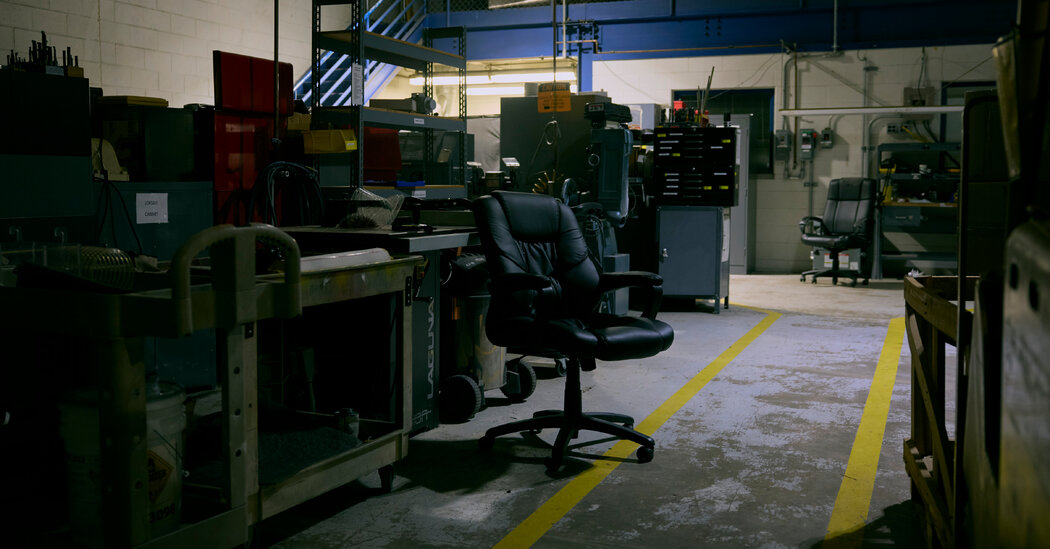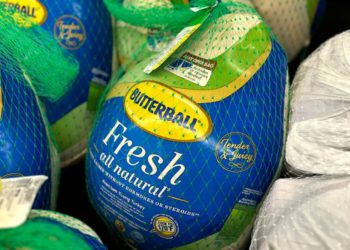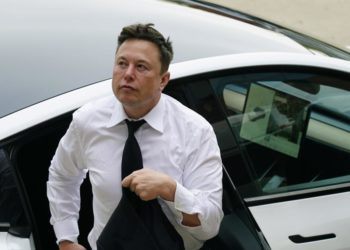This year, as President Trump threatened tariffs, nearly all of the wealthiest pharmaceutical companies have pledged to spend billions of dollars to build factories in the United States. Construction is underway in industry hubs like North Carolina on state-of-the-art plants that will produce blockbuster drugs.
But the president’s drug-manufacturing renaissance in America is largely leaving out the production of generic medicines, which account for 90 percent of Americans’ prescriptions.
For these factories, far more typical than the sight of cranes is the scene in Shreveport, La., where a plant shut down in March. Its workers are gone, and the machines that churned out millions of tablets each day are silent.
Over four decades, the factory manufactured generic drugs that are staples in Americans’ medicine cabinets, like the pain relievers ibuprofen, aspirin and Tylenol, as well as treatments for burns and allergies.
The factory’s owners have been trying to sell it for years, but no one has bought it — even as Mr. Trump has been calling for drug manufacturing to return to the United States.
The plant is a vivid example of the decades-long decline of generic drug manufacturing in the United States and the hard realities that would make it difficult to revive.
The post The Workers Left Out of Trump’s Drug-Manufacturing Renaissance appeared first on New York Times.




